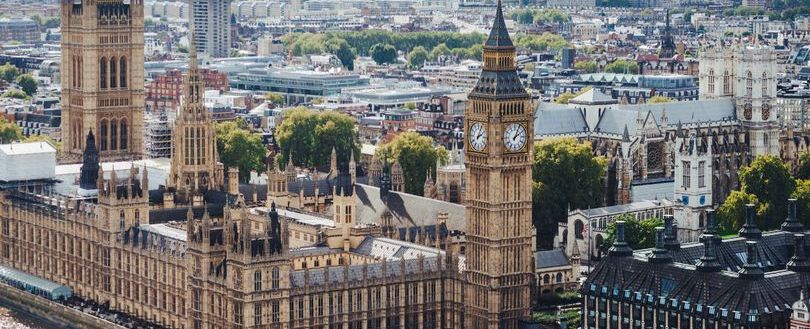
The Fire Safety Bill has been passed, leaving leaseholders ‘horrified’
Like it? Share it!
29 April 2021
Cladding campaigners say the "rug" has been pulled out "from underneath a generation of homeowners" after attempts to shield them from fire safety costs were rejected by MPs.
It follows a long-running parliamentary battle over who should pay to fix defects and faults following the Grenfell blaze four years ago.
Peers in the House of Lords had repeatedly tried to stop the owners of blocks of flats from passing the costs on to leaseholders.
However, some believe it is inaccurate and misleading to suggest that the Government is going back on its commitment to deliver the Inquiry’s recommendations as the Government supports the intention to protect leaseholders from remediation costs but disagree that the Fire Safety Bill is the right vehicle to address this issue.
Need more context?
Fire Safety Bill 2019-2021
This Bill is part of a series of changes to fire safety and building safety the Government is taking following the Grenfell Tower fire in 2017, with further primary and secondary legislation to follow.
Current Fire Safety Legislation
The Regulatory Reform (Fire Safety) Order 2005 brought together different pieces of fire legislation. It applies to all non-domestic premises, including communal areas of residential buildings with multiple homes. The Order designates those in control of premises as the responsible person for fire safety and they have a duty to undertake assessments and manage risks. The Order is enforced by Fire and Rescue Authorities.
What does the Fire Safety Bill do?
The Bill clarifies that for any building containing two or more sets of domestic premises the Order applies to the building’s structure and external walls and any common parts, including the front doors of residential areas.
It also clarifies that references to external walls in the Order include “doors or windows in those walls” and “anything attached to the exterior of those walls (including balconies).” These amendments to the Order aim to increase enforcement action in these areas, particularly where remediation of aluminium composite material (ACM) cladding is not taking place.
Where does the Bill apply to?
This Bill applies to England and Wales. Separate fire safety legislation is in place in Scotland and Northern Ireland. Fire Safety is devolved in Wales, but the Bill amends the shared legislation, with the same delegated powers applying to English and Welsh Ministers.
The Bill also provides English and Welsh Ministers with a regulation-making power to amend the type of buildings the Order applies to in the future.
The Bill has been welcomed. Public and industry bodies expect more enforcement action by Fire and Rescue Authorities as a result of the Bill’s clarifications, and that it will impose greater burdens on the responsible person in multi-occupancy residential buildings.
Progress of the Bill
The Bill passed House of Commons stages without amendment on 7 September 2020. House of Lords consideration of the Bill was completed on 24 November 2020 and the Bill was passed back to the Commons with five amendments. One of these amendments sought to restrict the passing on of remediation costs to leaseholders, supplemented by further proposed amendments in the Commons on the same issue, known as the ‘McPartland Smith’ amendments. These related to ongoing concern about the cost to leaseholders of cladding removal from high-rise residential buildings.
The Commons accepted two Government amendments on 24 February 2021, but not other amendments including the one relating to remediation costs. Further consideration of the Bill took place in the Lords on 17 March and the Bill was returned to the Commons again with amendments relating to remediation costs. The Commons disagreed with these amendments on 22 March 2021. Further amendments in the House of Lords were made in relation to remediation costs on 20 April 2021 and the Commons will consider the Bill again on 27 April 2021.
The progress of this Bill and the Building Safety Bill appears to be linked to the ongoing issue of cladding remediation costs; on 10 February 2021 the Secretary of State announced an increase in the funding available for high-rise leasehold residential buildings with unsafe cladding.
Further changes to fire safety law are expected to follow. The Government responded to the consultation on changes to the Fire Safety Order on 17 March 2021. The Bill has been passed on Wednesday 28th April. Where MPs voted to remove changes to the Fire Safety Bill, despite a rebellion by 32 Conservatives. When the Bill then returned to the House of Lords, attempts to reinsert the changes were defeated by 242 to 153.
Related news
Related resources
-
Euralarm-FAQs-re-Environmental-Product-Declarations-EPDs.pdf 1
27 November 2025
-
Memorandum of Association
01 September 2022
-
April 2021 - Six Employment Law Changes.pdf
09 April 2021
